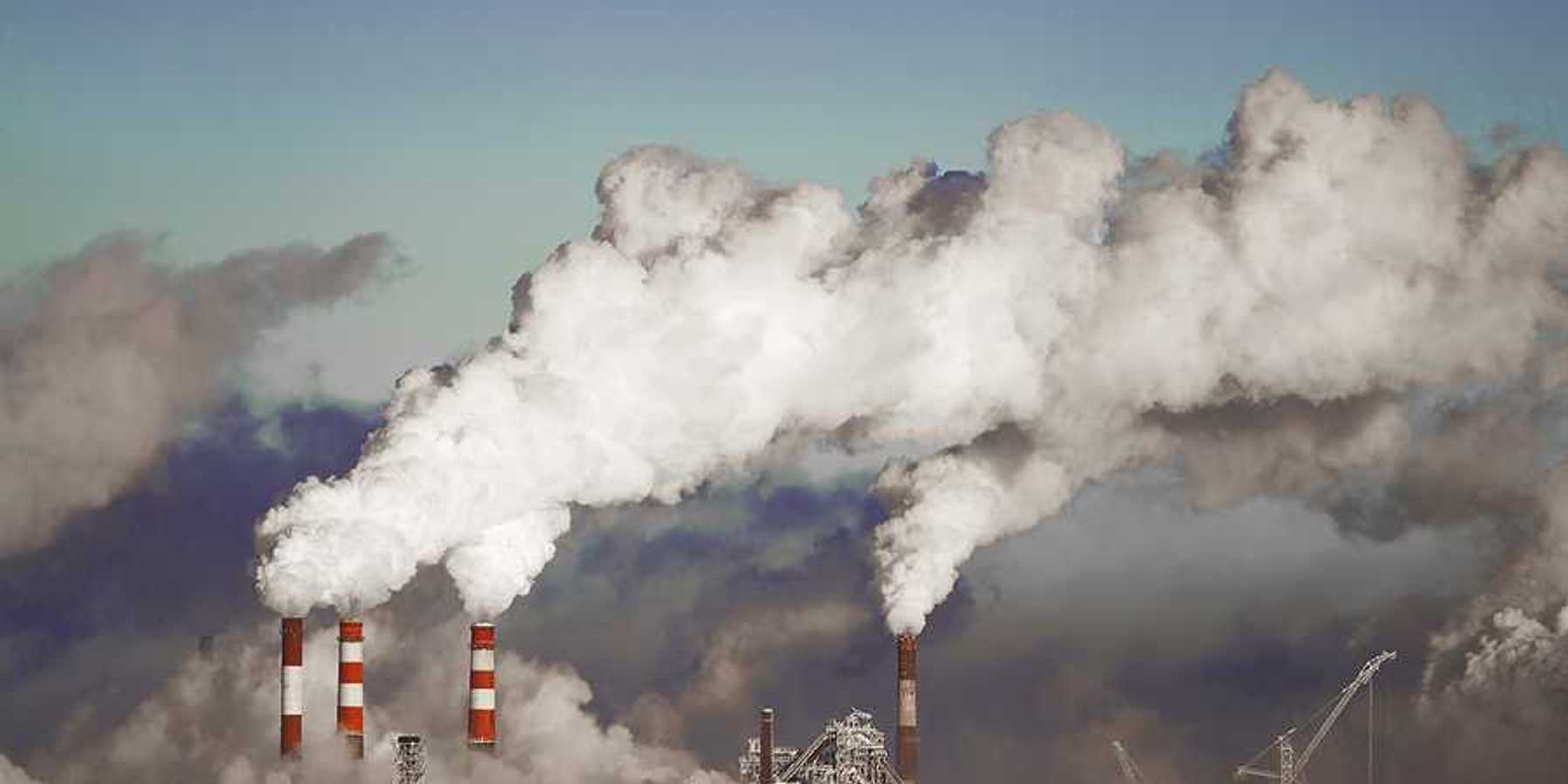Trump administration shifts EPA leadership to political appointees
The U.S. Environmental Protection Agency will demote career officials overseeing science, pollution enforcement and hazardous waste cleanup, replacing them with political appointees who can act without Senate confirmation.
Lisa Friedman reports for The New York Times.
In short:
- The EPA will replace career staff in key roles with political appointees, increasing White House influence over environmental policy.
- The move follows a broader effort to reshape the agency, including threats to fire over 1,100 recent hires.
- Critics say the change injects partisanship into traditionally neutral scientific and enforcement functions.
Key quote:
“They are yet another unfortunate attack on public servants who have dedicated their careers to public health and environmental protection.”
— David Uhlmann, former EPA enforcement chief
Why this matters:
The Environmental Protection Agency has long relied on career scientists and independent experts to guide its policies on air and water quality, toxic chemicals and climate change. But shifting decision-making power from these specialists to political appointees could reshape how the agency enforces environmental laws, potentially prioritizing industry concerns over public health and ecological protection. This change fits within a broader effort to roll back regulations viewed as burdensome by industries linked to pollution and greenhouse gas emissions. Critics warn that sidelining nonpartisan experts could weaken the agency’s ability to enforce laws like the Clean Air Act and Clean Water Act, leading to looser oversight of pollutants that contribute to a wide range of health problems, water contamination and climate change.













